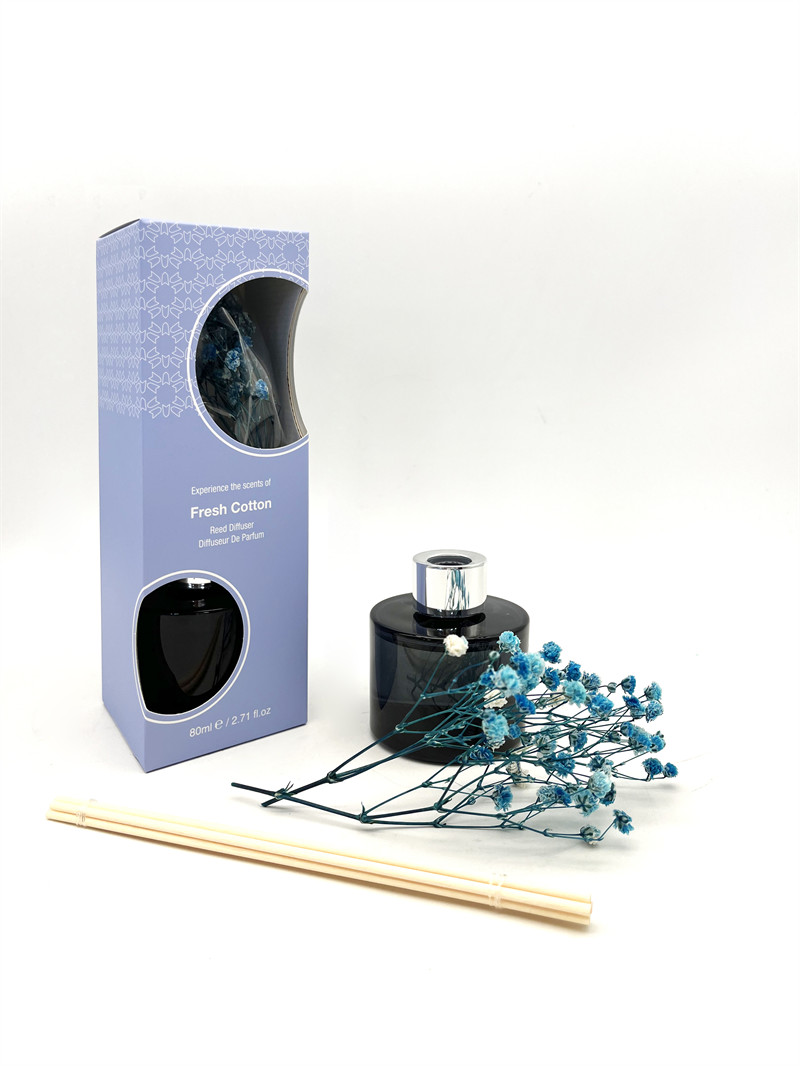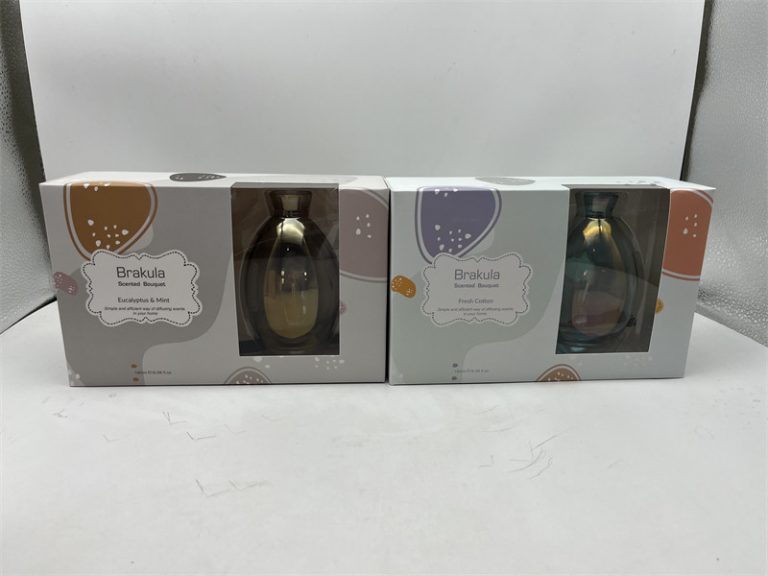Table of Contents
Skin Benefits of Tea Tree Essential Oil
Tea tree essential oil, also known as melaleuca oil, is derived from the leaves of the tea tree plant (Melaleuca alternifolia), which is native to Australia. This powerful essential oil has been used for centuries for its medicinal properties and is known for its antibacterial, antifungal, and anti-inflammatory properties. In recent years, tea tree oil has gained popularity in the skincare industry for its numerous benefits for the skin.
One of the key benefits of tea tree essential oil for the skin is its ability to treat acne. Acne is a common skin condition that occurs when hair follicles become clogged with oil and dead skin cells, leading to the formation of pimples, blackheads, and whiteheads. Tea tree oil has been shown to be effective in reducing acne due to its antibacterial properties, which help to kill the bacteria that cause acne. Additionally, tea tree oil has anti-inflammatory properties that can help to reduce redness and swelling associated with acne.
In addition to treating acne, tea tree essential oil can also help to soothe and heal minor skin irritations such as cuts, scrapes, and insect bites. The oil has antiseptic properties that can help to prevent infection in minor wounds, while its anti-inflammatory properties can help to reduce pain and swelling. Simply dilute a few drops of tea tree oil with a carrier oil such as coconut or jojoba oil and apply it to the affected area for relief.
Tea tree essential oil is also effective in treating fungal infections such as athlete’s foot and nail fungus. The oil’s antifungal properties help to kill the fungus that causes these infections, while its anti-inflammatory properties can help to reduce itching and inflammation. To treat fungal infections, mix a few drops of tea tree oil with a carrier oil and apply it to the affected area twice daily until the infection clears up.
Another benefit of tea tree essential oil for the skin is its ability to soothe dry, itchy skin conditions such as eczema and psoriasis. The oil’s anti-inflammatory properties can help to reduce itching and redness associated with these conditions, while its moisturizing properties can help to hydrate and nourish the skin. To use tea tree oil for eczema or psoriasis, mix a few drops with a carrier oil and apply it to the affected area regularly.
https://reedaromalab.com/tag/cheap-room-diffuser-china-best-factories
In conclusion, tea tree essential oil offers a wide range of benefits for the skin, including treating acne, soothing minor skin irritations, combating fungal infections, and relieving dry, itchy skin conditions. Its antibacterial, antifungal, and anti-inflammatory properties make it a versatile and effective skincare ingredient. When using tea tree oil on the skin, it is important to dilute it with a carrier oil to prevent irritation, and to perform a patch test before using it on larger areas of the skin. Overall, tea tree essential oil is a natural and effective solution for a variety of skin concerns.
Hair Care Uses of Tea Tree Essential Oil
Tea tree essential oil is a versatile and powerful oil that has been used for centuries for its numerous health and beauty benefits. One of the many uses of tea tree essential oil is in hair care. This oil is known for its antibacterial, antifungal, and anti-inflammatory properties, making it an excellent choice for treating various scalp and hair issues.
One of the most common uses of tea tree essential oil in hair care is for treating dandruff. Dandruff is a common scalp condition that causes flaking and itching. Tea tree oil’s antifungal properties help to combat the fungus that can cause dandruff, while its anti-inflammatory properties help to soothe the scalp and reduce itching. To use tea tree oil for dandruff, simply mix a few drops of the oil with a carrier oil, such as coconut or olive oil, and massage it into the scalp. Leave it on for a few hours or overnight before washing it out.
Tea tree essential oil is also effective in treating scalp acne. Scalp acne, like acne on the face and body, is caused by clogged hair follicles and excess oil production. Tea tree oil’s antibacterial properties help to kill the bacteria that can cause acne, while its anti-inflammatory properties help to reduce redness and swelling. To use tea tree oil for scalp acne, mix a few drops of the oil with a carrier oil and apply it to the affected areas. Leave it on for a few hours before washing it out.
Scent Diffuser In addition to treating scalp conditions, tea tree essential oil can also promote hair growth. Tea tree oil helps to unclog hair follicles and stimulate blood flow to the scalp, which can encourage hair growth. To use tea tree oil for hair growth, mix a few drops of the oil with a carrier oil and massage it into the scalp. Leave it on for a few hours before washing it out. Regular use of tea tree oil can help to strengthen the hair follicles and promote healthy hair growth.
Tea tree essential oil can also be used to treat lice infestations. Lice are tiny parasites that feed on blood from the scalp and can cause itching and irritation. Tea tree oil’s insecticidal properties help to kill lice and their eggs, making it an effective natural treatment for lice. To use tea tree oil for lice, mix a few drops of the oil with a carrier oil and apply it to the scalp. Leave it on for a few hours before washing it out. Repeat this process a few times to completely eliminate the lice infestation.
Overall, tea tree essential oil is a powerful and versatile oil that can be used to treat a variety of scalp and hair issues. Its antibacterial, antifungal, and anti-inflammatory properties make it an effective natural treatment for dandruff, scalp acne, hair growth, and lice infestations. Whether you’re looking to improve the health of your scalp or promote healthy hair growth, tea tree oil is a great natural remedy to add to your hair care routine.
Household Cleaning with Tea Tree Essential Oil
Tea tree essential oil, derived from the leaves of the Melaleuca alternifolia tree native to Australia, has gained significant recognition for its diverse applications, particularly in household cleaning. This oil is renowned for its potent antimicrobial properties, making it an effective natural alternative to conventional cleaning products. As concerns about the safety and environmental impact of chemical cleaners continue to rise, many households are turning to tea tree essential oil as a viable solution for maintaining cleanliness and hygiene.
One of the primary benefits of using tea tree essential oil in household cleaning is its ability to combat a wide range of pathogens, including bacteria, viruses, and fungi. This broad-spectrum antimicrobial action makes it particularly useful in areas prone to germs, such as kitchens and bathrooms. For instance, a simple cleaning solution can be created by mixing a few drops of tea tree essential oil with water and vinegar. This combination not only disinfects surfaces but also helps to eliminate unpleasant odors, leaving spaces feeling fresh and clean.
In addition to its disinfectant properties, tea tree essential oil is also effective in tackling mold and mildew, which can thrive in damp environments. By incorporating tea tree oil into a cleaning regimen, homeowners can reduce the likelihood of mold growth in areas such as showers, basements, and around windows. A spray made from tea tree essential oil and water can be applied directly to affected areas, allowing the oil to penetrate and inhibit further mold development. This natural approach not only addresses the immediate issue but also contributes to a healthier indoor environment.
Furthermore, tea tree essential oil can be utilized in laundry to enhance cleanliness and freshness. Adding a few drops to the washing machine can help eliminate bacteria and odors from clothing and linens. This is particularly beneficial for items that may harbor allergens or irritants, such as towels and bedding. The oil’s natural properties ensure that fabrics are not only clean but also free from harmful residues often associated with synthetic detergents.
Moreover, tea tree essential oil can serve as a natural insect repellent, making it a valuable addition to household cleaning routines. Its strong scent is known to deter pests such as ants, spiders, and mosquitoes. By creating a diluted solution of tea tree oil and water, homeowners can spray entry points and areas where insects are commonly found, thereby reducing the likelihood of infestations. This method not only promotes a pest-free environment but also eliminates the need for harsh chemical insecticides.

Incorporating tea tree essential oil into household cleaning practices is not only effective but also aligns with a growing trend towards sustainability and eco-friendliness. As consumers become more aware of the impact of their choices on the environment, the demand for natural cleaning solutions continues to rise. Tea tree essential oil, with its multifaceted benefits, offers a practical and environmentally responsible option for maintaining a clean and healthy home.
| Name | Room Deodorizers |
| Material | Metal |
| Suitable for | Laundry Room |
| Scents | Eucalyptus & Mint, Inspire |
| Capacity | 180ml |
| Color | Grey |
| Origin | China Supplier |
| Duration | 90-120days |
In conclusion, the versatility of tea tree essential oil in household cleaning is evident through its antimicrobial properties, effectiveness against mold, enhancement of laundry freshness, and role as a natural insect repellent. By embracing this essential oil, individuals can create a cleaner living space while minimizing their exposure to harmful chemicals. As the trend towards natural cleaning solutions continues to grow, tea tree essential oil stands out as a powerful ally in the pursuit of a healthier home environment.





